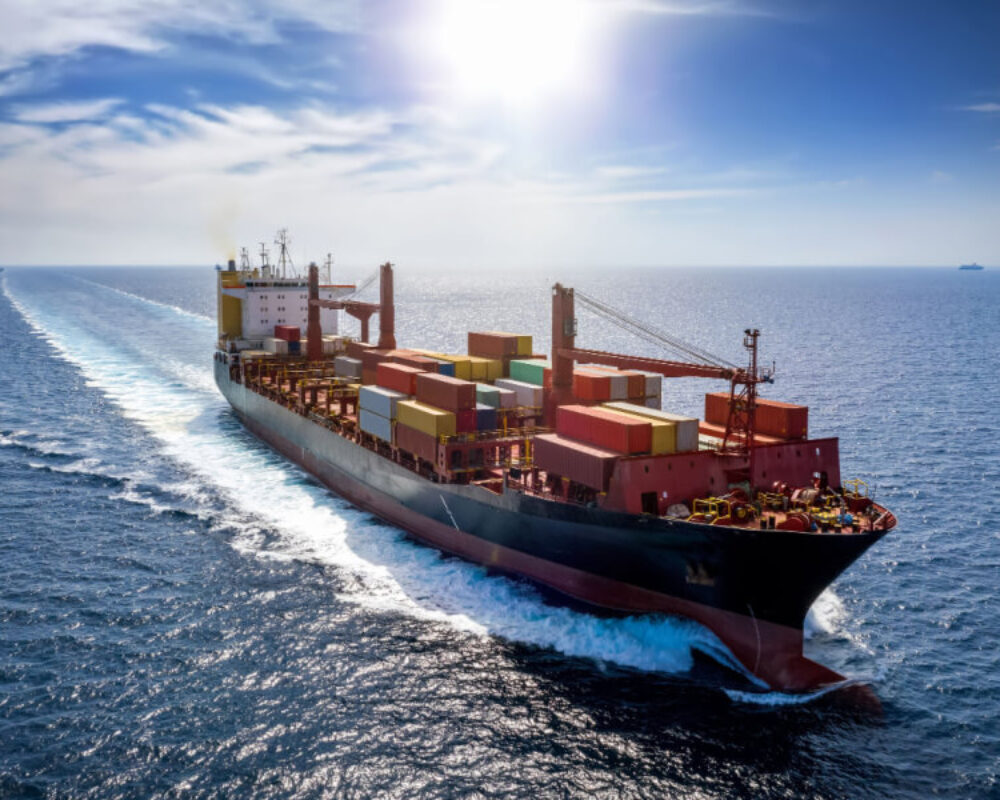In international shipment, it is vital that the products shipped are correctly classified. This ensures that the correct customs duty and import taxes are paid, reducing the chance of delays or additional fines later on down the line. One way that the international freight movement industry has streamlined this is through the use of commodity codes. This globally recognised system is a quick and efficient way to streamline the movement of cargo worldwide. So, what do you need to know about commodity codes?
What Are Commodity Codes?
These 6-digit codes follow the WCO Harmonized System. They are a means of monitoring trade volume and ensuring the right international trade regulations are placed on the right goods. When used for this purpose, these codes are used to identify:
- The correct customs duties.
- Additional charges for the goods.
- Any treatments required that may apply to specific goods.
- Restrictions and prohibitions that apply to the goods.
- Whether a license is needed to move the goods.
- Whether you can pay a reduced customs duty.
- Whether your goods are covered by specific policies or duties.
Why Do I Need a Commodity Code?
Correctly declaring the goods and products you wish to ship ensures you are requested to pay the correct taxes and duties. Commodity codes make this process easier, allowing for the swifter movement of goods through customs. If you purposefully (or accidentally) transport goods under the wrong commodity code, the inspection process at customs will identify it. And, if so, there is a chance that your goods could be seized, the shipment could be delayed or the goods may even be destroyed – all at an expense to yourself.
Identifying the Right Commodity Code
The Trade Tariff classification guide, available on the Gov.UK website is where you’ll be able to find the correct codes for most common goods. You will need to input information about the type of goods, their purpose, the materials used in its manufacture, the production methods and the way it has been packaged. Larger shipments of multiple goods may need to be split up to ensure the right commodity codes are issued and there are certain products, such as ceramics and herbal medicines, that may be more challenging to identify. More information on how to classify these goods is also available on the Gov website.
At Radius Warehouse & Logistic Services, we have been supporting clients in international shipments worldwide for over 25 years. If you have any questions or are interested in learning more about our freight forwarding services, request a quote or please get in contact here today.


